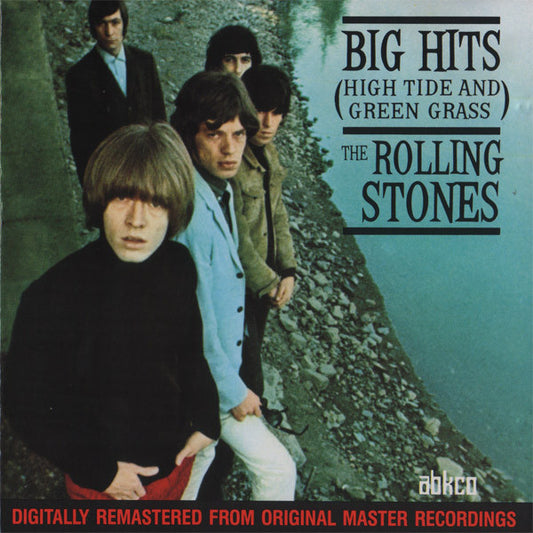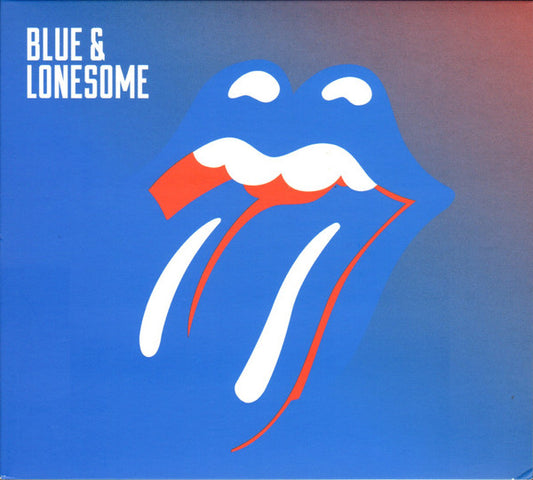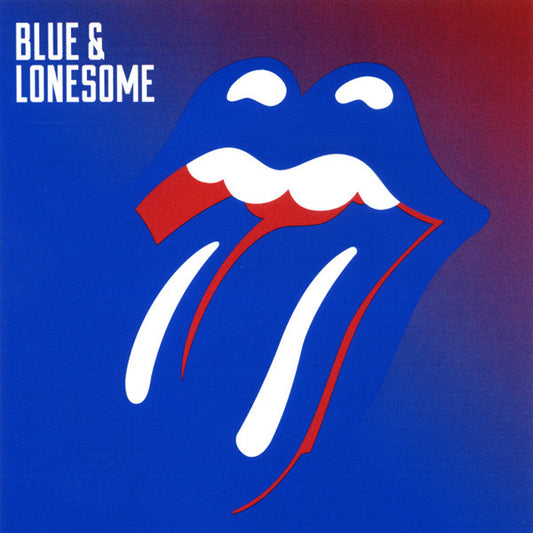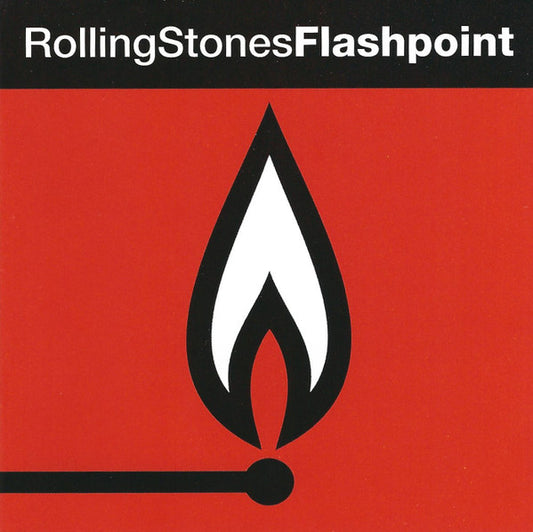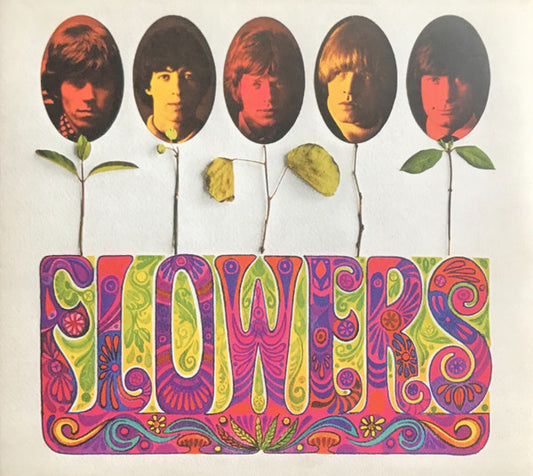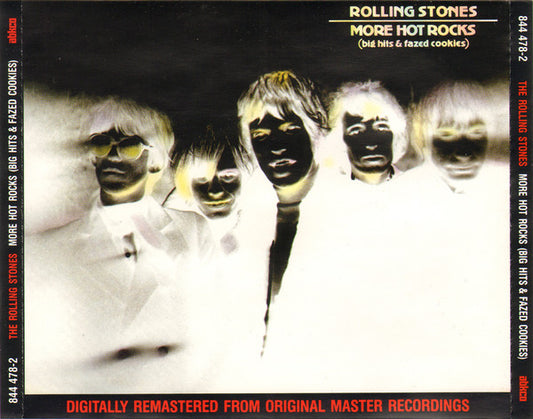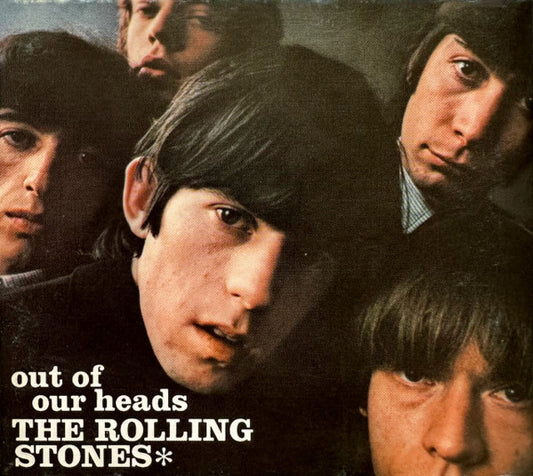Collection: Rolling Stones CDs for Sale | Stones CD Albums New & Used at Music-CD
The Rolling Stones CD Albums
Rolling Stones CD's for Sale
Studio, Live Recordings, Compilations and Limited Editions.
The Rolling Stones formed in London in 1962, spearheaded by childhood friends Mick Jagger (vocals) and Keith Richards (guitar), who reconnected over their shared love of blues and rock 'n' roll. They joined forces with Brian Jones (multi-instrumentalist), who named the band after a Muddy Waters song, along with Charlie Watts (drums) and Bill Wyman (bass).
Breakthrough and Rise to Fame (1965–1967)
With the release of the single "(I Can't Get No) Satisfaction" in 1965, the Stones became international superstars. Albums like Out of Our Heads and Aftermath showcased their songwriting evolution, largely driven by Jagger and Richards. Hits like "Paint It Black" and "19th Nervous Breakdown" solidified their reputation as one of the leading bands of the British Invasion.
Experimentation and Turmoil (1968–1972)
The late 1960s marked a creative peak for the Stones, with albums like Beggars Banquet (1968), featuring hits like "Sympathy for the Devil" and "Street Fighting Man," and Let It Bleed (1969), which included "Gimme Shelter" and "You Can't Always Get What You Want."
Tragedy struck in 1969 when Brian Jones left the band due to personal and creative conflicts and was found dead shortly after. He was replaced by Mick Taylor.
Later Years and Longevity (1973–Present)
The band weathered personnel changes, including Mick Taylor’s departure in 1974 (replaced by Ronnie Wood) and Bill Wyman’s retirement in 1993.
Known for their relentless touring, headlining record-breaking tours well into the 21st century. Drummer Charlie Watts remained a cornerstone of the group until his passing in 2021.
See also
Vinyl LPs | Vinyl 45s | Concert Film





